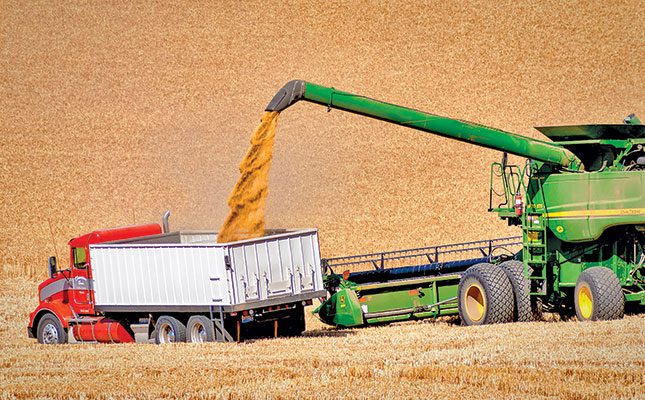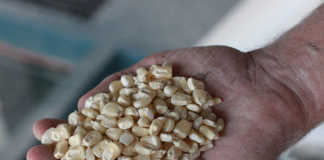
Photo: Wikimedia Commons
He said the shift has resulted in more than two new companies entering the South African market and the registration of five new varieties, including HB4 wheat. Trials with drought-resistant varieties are also expected to start soon.
“Quality criteria has been loosened, but is still a priority to ensure our wheat is able to compete in quality with imported products. The shift has allowed companies that were unable to comply with our stringent standards to now enter the market,” Louw said.
The import tariff for wheat is currently under revision. Louw said that the reference price, which triggers the variable import tariff should be increased.
The reference tariff price is currently set at US$279/t (about R5 224/t), but Louw said it should be closer to US$300/t (R5 618/t).
Louw said that the time it took for tariffs to kick in needed to be shortened to get the full advantage of the tariffs.
It would however, take time for the system to change, since proposals would have to be submitted to and approved by the International Trade Administration Commission, after which it will have to be signed off by the minister.
Heleen Viljoen, economist of Grain SA, said that systems were also being implemented to better monitor wheat imports.
“The 2023 wheat harvest has been higher than last year, and yet imports are also higher than it has been in each of the past five years.”
She said the idea will be to collect data about import intentions eight weeks in advance, to give the industry a better picture of what is happening with supply levels.
In terms of market development, South Africa was negotiating market access to China for wheat, barley and oats. Louw said wheat prices might turn more viable if farmers from the Western Cape are able to export high-quality wheat, barley and oats instead of sending it to the north of South Africa.












